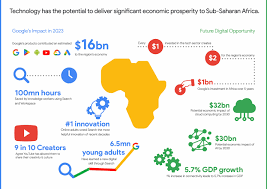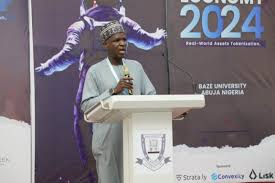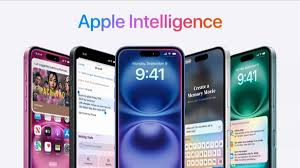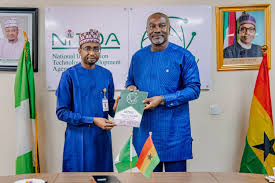Zoho, a global technology company, has reported a 31% growth in its Nigerian operations in 2023, as it continues to strengthen its presence in the country, Okay.ng reports.
The company has been offering its suite of 55+ apps in Naira to help local businesses avoid the impact of fluctuating exchange rates, making it easier for Nigerian companies to access its services.
The announcement was made at Zoholics Nigeria, Zoho’s annual user conference, where the company also revealed a new Corporate Social Responsibility (CSR) initiative.
Zoho will collaborate with Bridge International Academies to support the education of underprivileged children in Nigeria, Kenya, and Uganda.
As part of this partnership, Zoho will sponsor school uniforms, fees for four terms, and essential items for 200 children from underserved communities attending Bridge International Academies. Zoho will also support Bridge’s digitalisation efforts by providing Zoho Wallet Credits to help the schools utilize its technology.
Kehinde Ogundare, Zoho’s Country Head in Nigeria, highlighted the company’s commitment to the local economy, saying, “Our focus is on ensuring that our expansion positively impacts the local economy, communities, and the broader business ecosystem.” He emphasized Zoho’s transnational localism strategy, which focuses on being rooted in local markets while maintaining global connectivity.
In addition to supporting education, Zoho has also been expanding its recycling initiatives, turning 500 flexes from out-of-home ads in Nigeria and 1,300+ in Kenya into reusable bags.
Zoho has experienced remarkable growth since starting operations in Nigeria in 2020, achieving a 43% compound annual growth rate (CAGR) over the past three years. The company expanded its local workforce by 40% in 2023 and saw a 21% increase in its partner network during the same period.
The company’s success is driven by the widespread adoption of flagship products such as Zoho Workplace, Zoho Books, Zoho Desk, Zoho CRM, and Zoho One. Key sectors contributing to Zoho’s growth include financial services, energy, real estate, IT services, professional services, utilities, and retail.
Zoho also continues to invest in youth upskilling initiatives across Africa. Earlier this year, the company partnered with She Code Africa to train women in tech, J-Hub Africa to provide training for Kenyan university students, and BabesGotBytes in South Africa to offer digital skills boot camps.
Foyinsola Akinjayeju, Managing Director of Bridge International Academies in Nigeria, expressed gratitude for the partnership, saying, “Through strategic partnerships, we aim to bridge this gap by providing vital resources and high-quality education to the students we serve.”









